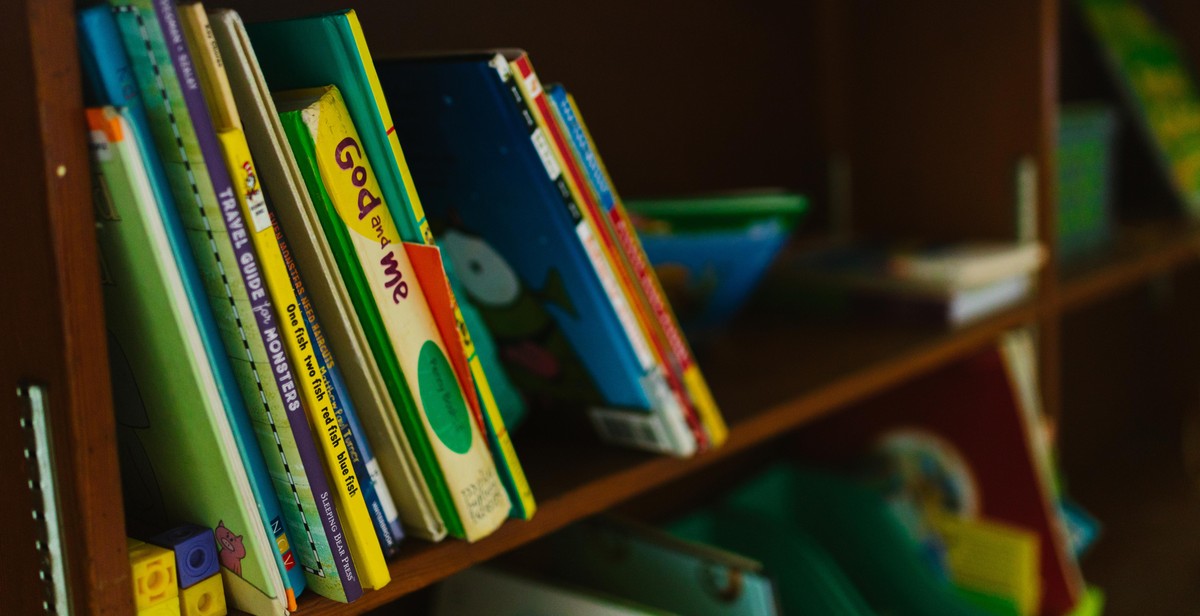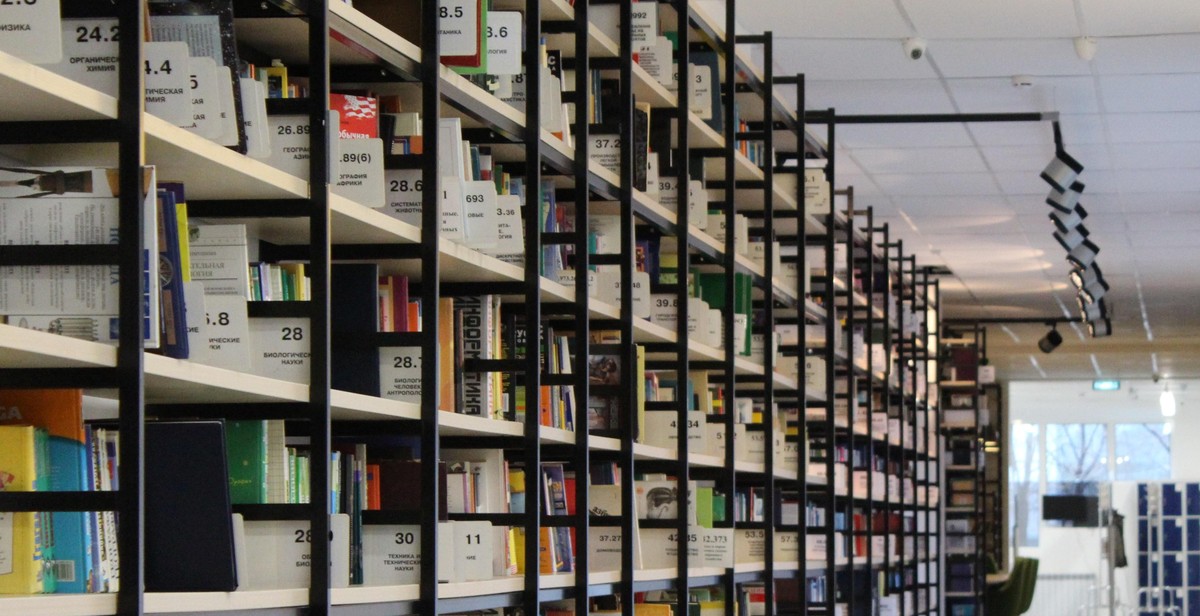How to Store and Organize Books: Tips for Preserving and Managing Your Book Collection
Books are not only a source of knowledge and entertainment but also a valuable possession that needs to be preserved and managed properly. Whether you are an avid book collector or have a few favorite books, it’s essential to store and organize them in a way that ensures their longevity and makes them easy to access.
In this article, we will discuss some useful tips for storing and organizing books. From choosing the right storage options to implementing effective organizational strategies, we’ll cover everything you need to know to keep your book collection in top shape.
Why Proper Book Storage and Organization Matters
Books are sensitive to their environment and can easily get damaged if not stored and organized correctly. Factors such as humidity, temperature, light, and pests can cause irreversible damage to your books, making them unreadable and even unusable.
Moreover, a disorganized book collection can be frustrating to manage and can make it challenging to find your favorite books. By implementing the right storage and organizational strategies, you can preserve your books’ condition and make them easily accessible.
Choosing the Right Storage Options
The first step to storing your books properly is to choose the right storage options. Some of the most common storage options include bookshelves, bookcases, book carts, and storage boxes.
Bookshelves and bookcases are excellent options for displaying and storing your books. They are available in various sizes, styles, and materials, making it easy to find one that fits your needs and preferences. Book carts are also a great option for those who want to move their books around frequently.
Storage boxes are ideal for long-term storage and are an excellent option for books that are not frequently used. However, it’s essential to ensure that the boxes are made of acid-free materials and are stored in a dry and cool place.
Implementing Effective Organizational Strategies
Once you have chosen the right storage options, the next step is to implement effective organizational strategies. Some of the most useful strategies include sorting your books by genre, author, or publisher, and using labels to identify each category.
You can also consider using a cataloging system to keep track of your books and their location. This can be done manually or through various software programs designed for book collectors.
By following these tips, you can ensure that your book collection is organized, easily accessible, and well-preserved for years to come.

Why It’s Important to Properly Store and Organize Your Books
Books are a valuable asset that can provide knowledge, entertainment, and inspiration. However, if not stored and organized properly, they can deteriorate over time, lose their value, or become difficult to find. Here are some reasons why it’s important to properly store and organize your books:
Preservation
Books are made of paper and ink, which are susceptible to damage from environmental factors such as sunlight, moisture, and dust. If not stored properly, books can become discolored, warped, or moldy. In extreme cases, they may even fall apart or become unreadable. Proper storage can help prevent these issues and preserve your books for years to come.
One of the best ways to preserve your books is to store them in a cool, dry place away from direct sunlight. Avoid storing them in basements or attics, as these areas are often prone to moisture and temperature fluctuations. Instead, consider storing them on bookshelves in a room with controlled temperature and humidity levels. You can also use book covers or dust jackets to protect your books from dust and other debris.
Ease of Access
Organizing your books can also make them easier to access and find. If you have a large book collection, it can be frustrating to search through stacks of books to find the one you’re looking for. By organizing your books by category, author, or title, you can quickly locate the book you need.
One popular method of organizing books is the Dewey Decimal System, which categorizes books by subject matter. This system is commonly used in libraries and can be useful for organizing personal collections as well. Another option is to organize books by author or title, which can be helpful if you have a lot of books by the same author or prefer to search by title.
Regardless of how you choose to organize your books, it’s important to keep them in a consistent order. This will make it easier to find specific books and keep track of your collection.
| Benefits of Properly Storing and Organizing Your Books |
|---|
| Preserves your books for years to come |
| Protects your books from environmental factors |
| Makes it easier to access and find specific books |
| Helps keep track of your book collection |
Overall, properly storing and organizing your books can help preserve their value and make them easier to access and enjoy. By taking the time to store your books in a safe and consistent manner, you can ensure that your book collection remains a source of knowledge and enjoyment for years to come.

How to Store Your Books
Proper storage is key to preserving the quality and longevity of your book collection. Here are some essential tips to follow:
Avoid Direct Sunlight and Heat
Exposure to direct sunlight and heat can damage the pages of your books, causing them to fade and become brittle. To avoid this, store your books in a cool, dry place away from direct sunlight and heat sources.
Maintain Proper Humidity
Humidity can also affect the quality of your books. Too much humidity can cause mold growth, while too little can dry out the pages and make them brittle. Aim for a humidity level of around 40-50% to keep your books in optimal condition.
Use Bookends
Bookends are a great way to keep your books upright and prevent them from leaning and becoming misshapen. You can use decorative bookends or simple metal ones to keep your collection organized and in good condition.
Avoid Stacking Books Too High
Stacking books too high can put undue pressure on the spines, causing them to bend or even break over time. Keep your stacks to a manageable height, and consider using bookends or shelves to keep them upright.
Store Books Upright
Storing your books upright on a shelf is the best way to maintain their shape and prevent damage. Be sure to leave some space between each book to allow for air circulation and to prevent them from rubbing against each other.
Consider Investing in Bookshelves
Investing in bookshelves is a great way to keep your book collection organized and in good condition. Look for sturdy, well-constructed shelves that can support the weight of your books and provide ample space for storage.
| Do: | Don’t: |
|---|---|
|
|

How to Organize Your Books
Organizing your book collection can seem like a daunting task, but with the right methods, it can be an enjoyable and rewarding experience. Here are some tips on how to organize your books:
Sort Books by Genre or Category
One of the most common ways to organize your books is by genre or category. This method involves grouping books together based on their subject matter. For example, you could have a section for history books, another for biographies, and a third for science fiction novels. This makes it easy to find the book you’re looking for and gives your bookshelf a cohesive look.
Sort Books Alphabetically by Author or Title
Another popular method of organizing your books is to sort them alphabetically by either author or title. This method is particularly helpful if you have a large collection of books and want to be able to quickly locate a specific book. You can choose to sort by the author’s last name or the book’s title, depending on your preference.
Consider Sorting by Color or Size
If you’re looking for a more visually appealing way to organize your books, consider sorting them by color or size. This method involves grouping books together based on their color or size, creating a rainbow effect on your bookshelf. This can add a pop of color to your room and make your bookshelf a focal point.
Utilize Bookends and Bookmarks
Bookends and bookmarks can be used to both organize and decorate your bookshelf. Bookends can be used to keep books upright and in place, while bookmarks can be used to mark your place in a book. They can also be used to divide your bookshelf into sections, making it easier to find the book you’re looking for.
Create a Digital Catalog
If you have a large collection of books, you may want to consider creating a digital catalog. This involves creating a list of all your books and organizing them by author, title, or genre. This can be done using a spreadsheet or specialized software. Having a digital catalog makes it easy to keep track of your collection and can be helpful when shopping for new books.
| Method | Description |
|---|---|
| Sort by Genre or Category | Group books together based on subject matter |
| Sort Alphabetically | Sort books by author’s last name or book title |
| Sort by Color or Size | Group books together based on color or size |
| Utilize Bookends and Bookmarks | Use bookends to keep books upright and bookmarks to mark your place |
| Create a Digital Catalog | Create a list of all your books and organize them digitally |
Overall, there are many different ways to organize your book collection. The method you choose will depend on your personal preference and the size and type of your collection. Whatever method you choose, organizing your books can help preserve them and make them easier to find and enjoy.

Conclusion
Storing and organizing your book collection can be a daunting task, but it is essential if you want to preserve and manage your books properly. By following the tips outlined in this article, you can ensure that your books stay in good condition and are easy to find when you need them.
Key Takeaways
- Keep your books away from direct sunlight, moisture, and extreme temperatures to prevent damage.
- Use bookends, bookshelves, and storage boxes to organize your books and keep them in good condition.
- Sort your books by genre, author, or subject to make them easier to find.
- Consider donating or selling books you no longer need to free up space and reduce clutter.
Remember that storing and organizing your book collection is an ongoing process. Be sure to regularly assess your collection and make adjustments as needed to ensure that your books stay in good condition and are easy to access.
| Tip: | Consider creating a digital inventory of your book collection using a spreadsheet or an app. This can help you keep track of what books you have and where they are located. |
By taking the time to properly store and organize your book collection, you can enjoy your books for years to come.
